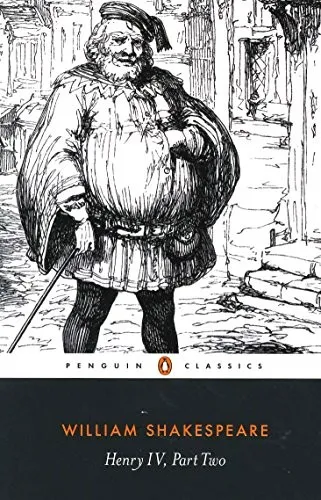Henry IV Part Two
(Author) William Shakespeare'This, of the history plays, is The Tragedy ... the most lyrical Shakespeare ever wrote' Simon Schama The old king Henry IV, sick and weary, must send out his forces - including the unruly Falstaff - to meet another rebellion that threatens to bring the country to the brink of civil war. But as the conflict grows, he must also confront a more personal problem - how to make his troublesome son Prince Hal accept his duty as heir and leave his carousing companions behind. Pitting youth against old age, son against father, carefree hope against the realities of ruling, this is an elegiac drama of pathos and regret. Used and Recommended by the National Theatre General Editor Stanley Wells Edited by Peter Davison Introduction by Adrian Poole
William Shakespeare
William Shakespeare was an English playwright, poet, and actor, widely regarded as one of the greatest writers in the English language. He is known for his numerous plays and sonnets, which have had a profound impact on literature and theater. Some of his most notable works include "Romeo and Juliet," "Hamlet," "Macbeth," and "Othello." Shakespeare's writing is characterized by his use of intricate language, complex characters, and universal themes such as love, jealousy, power, and ambition. His works have been translated into every major language and are performed around the world to this day. Shakespeare's influence on literature, drama, and the English language is immeasurable, and his legacy continues to endure centuries after his death. His most famous work is arguably "Romeo and Juliet," a tragic love story that has become a timeless classic.


